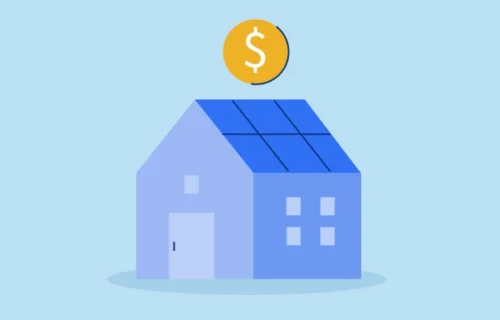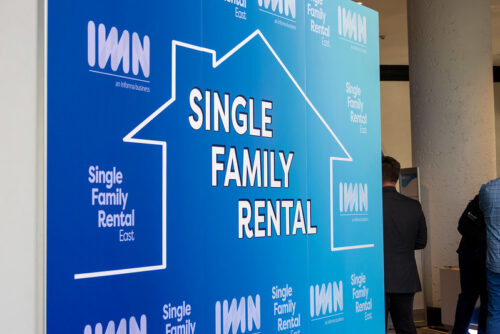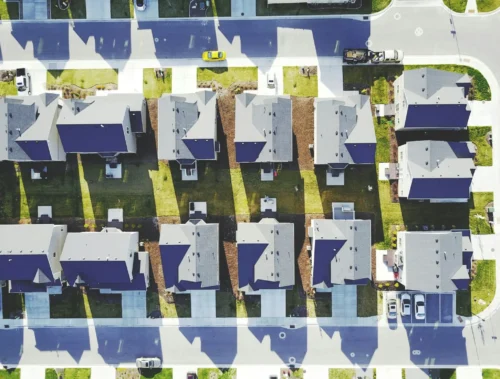
Connect with a Lima One expert today!
If you’d like to know more about this topic or see how it applies to your project, let’s talk.
5 Tenant-Landlord Laws Every Investor Should Know
5 Tenant-Landlord Laws Every Investor Should Know
As a landlord, what can you do to protect yourself and make sure that you are in compliance with state and federal landlord-tenant laws? It is critical for you as a landlord to be compliant to avoid costly lawsuits and tenant turnover that greatly affects your rental property business. According to an article from Rentec Direct these are five of the legal responsibilities that you should take as a landlord to protect your rental property business, your property, and yourself as the landlord.
1) Discrimination
When you are advertising your rental it is important to make sure that your advertisements and offerings are in compliance with the Fair Housing Act. It’s important to keep this act in mind when you are screening tenants for the property. Any policies that you set forth as the landlord must be applied to everyone and cannot be perceived as being more favorable to some people and not others. To be in compliance with the Fair Housing Act, you should have a strong understanding of the law on the state and federal level and review all of your documentation to ensure that it meets the requirements.
2) Legal Lease Agreement
Providing a legal lease document to any prospective tenants is critical for you as a landlord to make sure that your rental agreement is sound and protects you in the event of a change in tenants unexpectedly. Certain aspects of the lease agreement that must be clearly outlined in the agreement are the lease period, the amount of the monthly payments due to you, and the names of the tenants must be stated clearly in the document. You will also need to include any disclosures and clauses in your lease agreement. A good rule of thumb is to have an attorney review your agreement to confirm that you are in compliance and don’t have any loopholes that could cause issues in the future.
3) Disclosures
As mentioned above it is essential for you to provide all the disclosures you require to any prospective tenants. A typical list of disclosures can be acknowledging the home has rooms painted in lead-based paint, mold problems throughout, or any safety or health hazards.
4) Providing a Safe Environment
Another requirement for you as a landlord is to make sure your property provides a safe environment for your tenants. This means you need to make sure you don’t have any structural or foundation issues, such as a leaky or sagging roof. You will also need to inspect all of your appliances and make sure that they are in good working condition. Plumbing and heating will also need to be inspected to make sure that they are in good shape and won’t need any repairs.
5) Refusal to Make Repairs
Should issues arise with any of your appliances you are required as the landlord to complete repairs. Even if the tenant is at fault for the damage it is still on you as the landlord to fix any issues. You are also required to make the repairs in an efficient and timely manner, tenants can refuse to make their monthly rent payments if the requested repairs are not completed.
Owning rental property is a great way to gain passive monthly income and grow your wealth. By staying in line with these five laws and responsibilities required of you as a landlord, you can protect yourself and ensure that you maintain a good relationship with your tenants.
If you’re interested in learning more about how you can take advantage of the fantastic opportunities in today’s rental market and how Lima One Capital can help click here.
Subscribe for More Insights
Get the latest industry news & Lima One updates.









